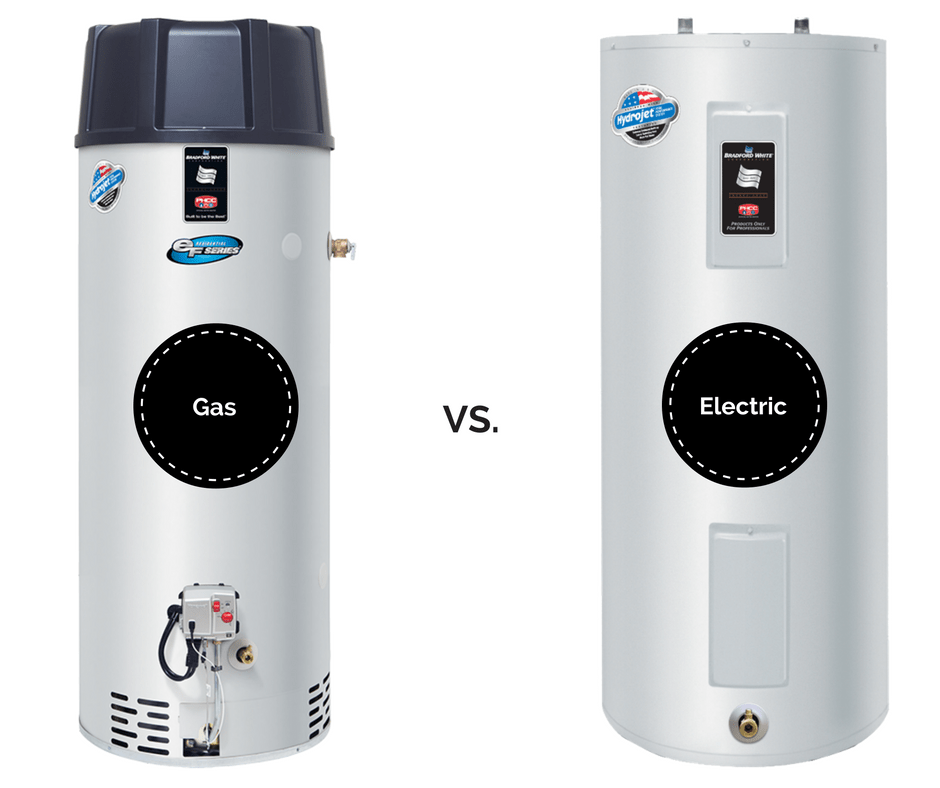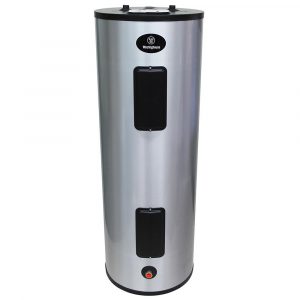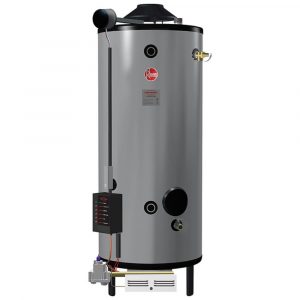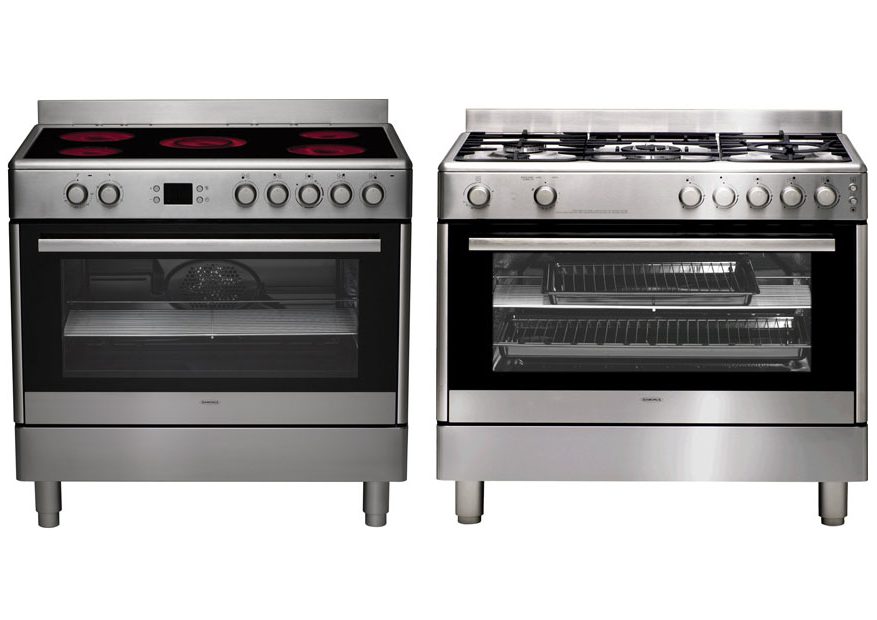Electric VS Gas Water Heater

Water heaters use different mechanisms to provide hot water in our homes. We use hot water for all sorts of tasks such as washing dishes, cooking, and showering. Heaters are an important part of most households. This makes it necessary for homeowners to invest in quality water heaters. There are mainly two types of water heaters: electric and gas-operated water heaters.
An electric water heater uses the heat produced by resistance coils to heat water. A gas water heater, on the other hand, burns fuel such as natural gas and uses the heat produced to heat water. Gas water heaters are less costly to operate and maintain but have a high initial cost. Electric heaters only become cheaper when used to heat lower amounts of water at a lower temperature setting. Gas heaters also heat water faster, making them ideal for large households.
To get the best out of your water heater, consider carrying out annual maintenance checks. This will ensure that everything runs well. It also prevents any failures that may lead to unwanted accidents. A typical water heater is designed to last between 8 and 12 years. With the proper maintenance, some can even last longer and provide more service. Consider having a professional carry out routine maintenance on your water heater.
Electric water heater description
Features
 There are three types of electric water heaters: storage tank water heaters, tankless water heaters, and heat pump water heaters.
There are three types of electric water heaters: storage tank water heaters, tankless water heaters, and heat pump water heaters.
- Storage tank water heaters
These comprise a tank that holds a specific amount of water to be heated. Tanks are normally insulated to prevent heat loss and keep the water warm until it’s needed. They also feature a temperature control valve to control temperature and a pressure control valve to control water pressure. - Tankless water heaters
Tankless water heaters use super-heated coils to heat water in an instant. They have no tanks. Water is heated as it passes through the electric coils. Some models may require higher electricity capacity to heat water to a particular temperature. - Heat pump water heaters
Heat pump water heaters are also known as hybrid water heaters. They use electricity to gather heat from the ground and air. This heat is then used to heat water. Some models are built to save up to 60 percent of electricity usage.
Strong Sides
- Convenient and easy to use – The equipment used runs on electricity. You don’t have to worry about running out of gas.
- Compact – Units are normally smaller compared to gas units and come with fewer accessories.
- Cost less to install – Unlike gas-powered heaters, you do not require a ventilation system for electric water heaters. This greatly reduces installation costs.
- Readily available power source – Electric water heaters will work as long as your home is connected to a power grid. Gas water heaters only work where there’s a gas system connected to the home.
- Continuous hot water – Electricity doesn’t run out like gas. This means that you’ll have hot water throughout as long as you have electricity.
Weak Sides
Expensive in the long run – The initial cost of installing electric water heaters is lower when compared to that of gas-powered heaters. However, operating an electric heater is normally more costly in the long run. This is because electricity costs more than gas.
You won’t have any hot water if the electricity goes off. As long as there’s no power, an electric water heater will not work.
Gas water heater description
 Gas water heaters are built to heat as much as 50 gallons of water in an hour. The time they take to heat cold water after warm water has been used is faster than electric water heaters. They are a great option for families of up to 4 or more people.
Gas water heaters are built to heat as much as 50 gallons of water in an hour. The time they take to heat cold water after warm water has been used is faster than electric water heaters. They are a great option for families of up to 4 or more people.
Gas water heaters vary depending on their type of venting. Conventional models rely on a chimney system. Power vented models use a blower motor to vent harmful gases through a wall that has no chimney. Direct vented models use outside air to burn fuel. They do not need a blower motor and can vent horizontally through a wall. Combination vented models use air handlers to heat water for domestic use.
Strong Sides
- Quick heating/recovery rate – Compared to electric water heaters, gas water heaters heat water much faster. They are a great alternative for larger families that have high hot water demand.
- Lower operating costs – Gas costs less than electricity, making gas water heaters cheaper to operate in the long run.
- Can work without electricity – You can ignite your water heater with a pilot light. Even though most heaters now use electric ignition, it’s possible to use a pilot light on some models.
Weak Sides
- High initial costs – Gas water heaters are cheaper to operate. However, they require a significant amount of money to install and get them running. This is because gas heaters include a ventilation system with exhausts that are expensive to install.
- Complex installation – Gas water heaters require an expert to get them running. Also, they cannot just be installed anywhere like electric water heaters. Having a ventilation system reduces the number of possible locations to locate the water heater.
- Risk of gas explosions – Gas water heaters can explode if damaged. They require regular maintenance to keep the system running efficiently and to avoid any explosions.
- Slightly shorter life – Electric water heaters usually survive longer compared to gas water heaters. Electric units last as long as 14 years while most gas units last for 13 years and below.
- Susceptible to heat losses – Gas water heaters that come with tanks are prone to standby heat loss.
Overview and Conclusion
An electric water heater has more advantages and less weakness compared to a gas-powered water heater. Electric heaters are less expensive to buy, they are easier to install, are generally safer as there are no fuel leaks, and operate more efficiently. For these reasons, they are a better option.
